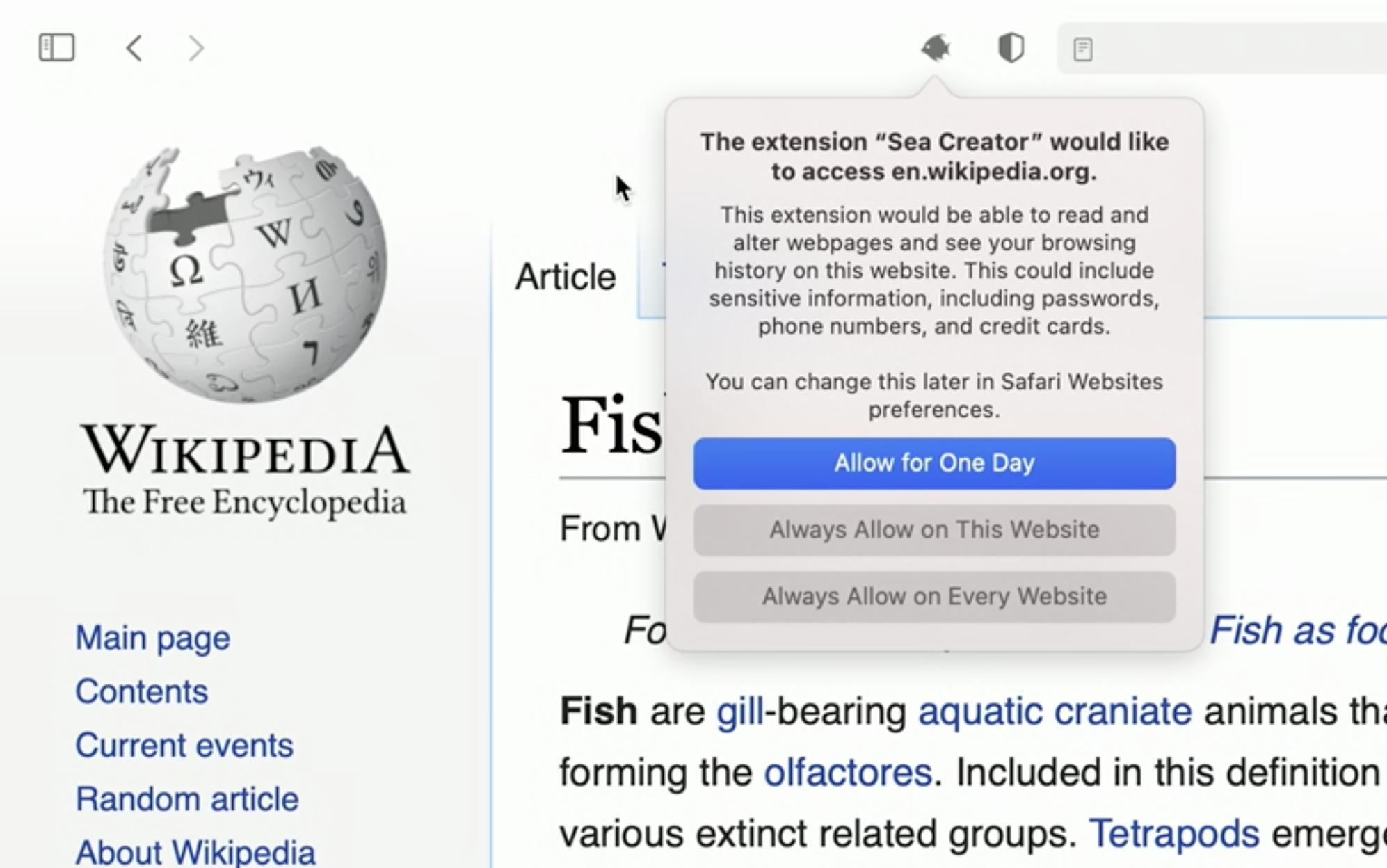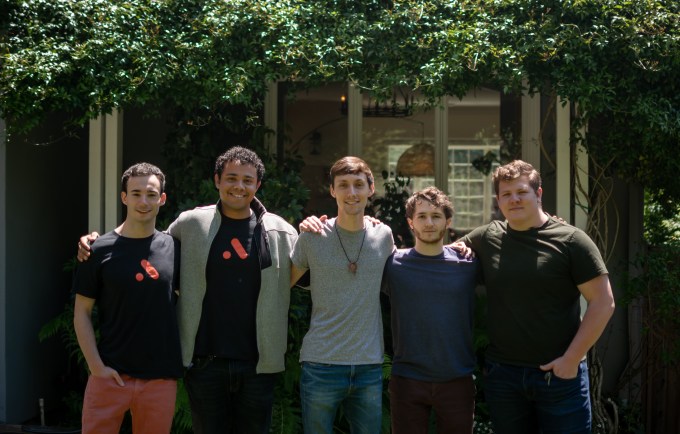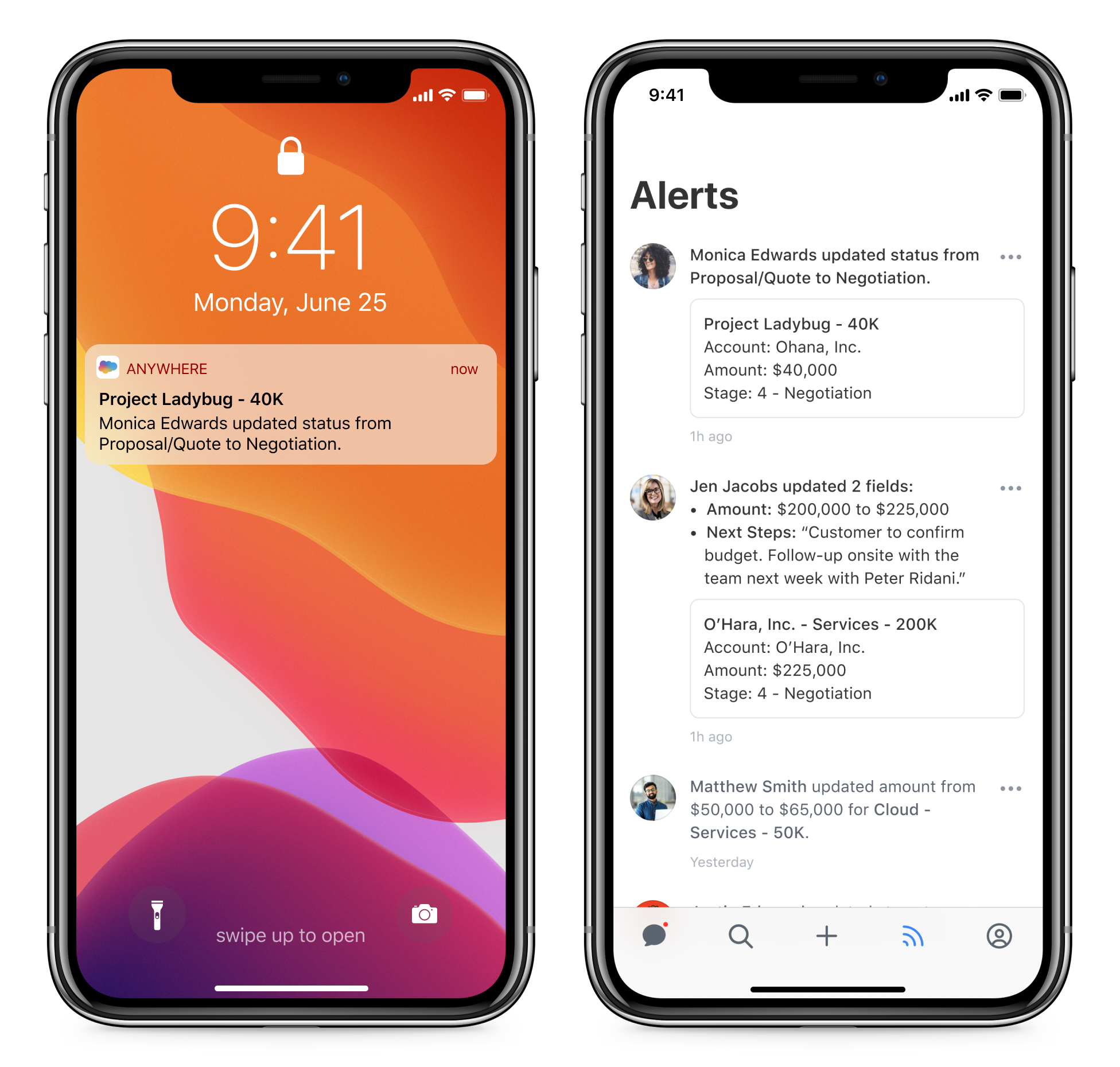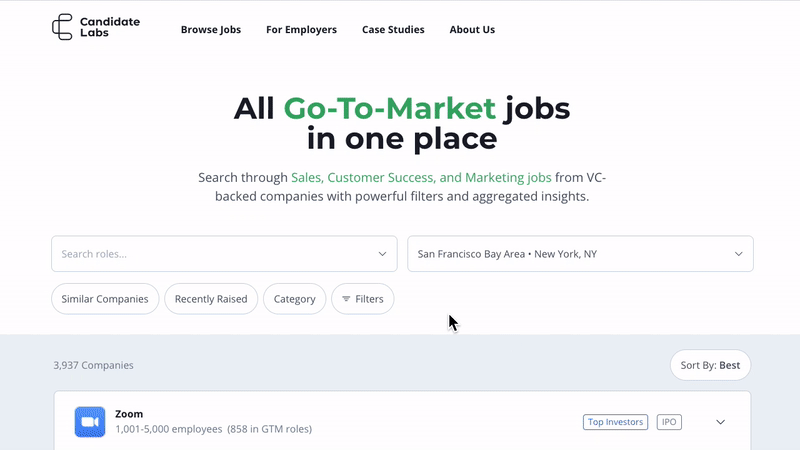Restaurants, hotels and other public venues where we spend leisure and business time have started to reopen in many parts of the world after a period of going dark to try to slow down the spread of the coronavirus pandemic. Now, a startup called SevenRooms, which builds software to help those venues with their guest management is announcing a growth round of $50 million — to double down on providing tools for venues that now have to handle a whole new layer of management to implement social distancing and more.
The funding, a Series B, is coming from a single investor, Providence Strategic Growth, the company tells me. SevenRooms has some notable backers on its cap table already: Amazon (who invested via its Alexa Fund and directly), Comcast (via Comcast Ventures) and BoxGroup, along with a number of individuals.
The company has now raised about $75 million in total and it’s not disclosing its valuation, but CEO Joel Montaniel (who co-founded the company with Allison Page, CPO; and Kinesh Patel, CTO) said in an interview that it’s a significant upround. (PitchBook estimates that its previous valuation was a modest $28 million.)
SevenRooms serves restaurants, hotels and other venues, although food service establishments account for about 95% of its business in terms of customers and revenues. Another new opportunity has emerged out of the need for a lot of other in-person venues, like shops, needing to consider how to implement reservations to help with social distancing.
Today, it counts a number of large chains, including 70% of the restaurants along the Las Vegas Strip (because MGM is a customer), among its users. In all some 500 million bookings globally have been made through its software since it was founded in 2011, and other customers include Bloomin’ Brands, Mandarin Oriental Hotel Group, Wolfgang Puck, Michael Mina, D&D London, Corbin & King, Jumeirah Group, Black Sheep Restaurants, Zuma, and Topgolf.
Montaniel described the last three months of business as something like a “tale of two cities” — a reference to the Charles Dickens novel, which starts out with the famous line, “It was the best of times, it was the worst of times…”
In the context of SevenRooms, that has played out as a big drop in its mainstay business, which was focused around reservations, customer loyalty and other services sold as white label services directly to the venues (or the operators, as Montaniel calls them) who in turn customised them for their customers, and created experiences across multiple platforms, including their own sites and apps, as well as Google Maps.
“It’s been really tough to see the industry go through the pandemic,” he said. “A lot of operators closed doors overnight. It created a lot of challenges for businesses.”
On the other side of the issue, necessity has been the mother of invention for SevenRooms and its customers. The company has built out a new tool for letting its customers take online orders for delivery — something it had been planning to launch later in the year but decided to launch earlier, given the state of things. It’s sold with a licensing fee, with no commission to SevenRooms, and links in with SevenRooms’ marketing and loyalty tools, and it has done well, so much so that Montaniel said it and the longer-term customer relationships it’s building offset the drop in its other business.
“Delivery and pickup grew like crazy,” Montaniel said. And like some of the other “digital transformation” we’ve seen where retailers have accelerated their e-commerce strategies simply to stay in business, he believes that the switches and packages they we were proud to generate tens of thousands per month of savings.
There are a lot of companies that have built out tools to serve the hospitality industry, and specifically to help with bookings, with some of the bigger names including OpenTable and Yelp. Montaniel believes that SevenRooms stands out because of its focus primarily on its operators, rather than providing a business in being the interface between operators and their customers, and on how it views its role in not just helping perform functions but expanding the wider business, by way of data that it can use to help grow customer loyalty and help people who are regulars feel like it.
There remain a lot of potential competitors who are also sometimes partners. Google, and Google Maps, is perhaps the most obvious, although these days Montaniel says Google Maps and the entry point it gives to discovering restaurants is a great boost to its business.
“Google is a company that every company in the world thinks about and talks about in their strategy sessions,” he said. “But there are others too. Big companies always can be competition: they do so many things so well, and they are a team away and a cash infusion away from competing with you, and those who don’t think they are are rivals are not thinking big enough.”
All the same, there are also two potential allies in SevenRooms’ corner that make this bet a little more interesting.
Amazon’s Alexa Fund is about strategic investments: SevenRooms used the backing to build out an Alexa integration into its white-label tools. But there are other ways in which that connection might potentially develop. The company has dabbled in travel services (including bookings) in the past, via Amazon Destinations, and although that was short-lived, the company continues to serve a number of hospitality and travel businesses via AWS, and frankly you can’t really count Amazon out of any vertical with an online component, which is to say, you can’t really count Amazon out of any vertical at all.
Meanwhile, Comcast has been making a number of investments into the kinds of services that it could potentially resell as part of larger business connectivity packages, which includes a focus on local businesses, spelling out another opportunity for how SevenRooms might expand.
Interestingly, SevenRooms is already close to profitability, and it didn’t need this funding — in contrast to a lot of other startups that have found it hard to make ends meet in these difficult months. Montaniel said that it raised because it had a list of “seven things we wanted to do, and without the extra cash we could only do three of them,” without elaborating on what those product features will be.
It’s a big area, though, and now that so much activity has been cut off for so many of us, we’re only now starting to realise how critical it can be, one reason why investors were interested.
“SevenRooms is a category-defining company that provides a vital solution to hospitality operators worldwide,” said Adam Marcus, Managing Director at PSG. “Joel and the talented SevenRooms management team have built the only vertically-integrated solution in the hospitality industry, which has enabled them to scale into a global powerhouse. SevenRooms is uniquely positioned, and we are excited to partner with the team to support their next phase of growth.”





 The firm goes on to point out that the U.S. health care system is complex, which puts “significant strain on consumers.” Correct. Its solution? To help “consumers make better, data-driven health care and benefits-related decisions” through its service by selling a “platform to support and influence consumer decision-making that is built on a foundation of mission-driven people and purpose-built technology.”
The firm goes on to point out that the U.S. health care system is complex, which puts “significant strain on consumers.” Correct. Its solution? To help “consumers make better, data-driven health care and benefits-related decisions” through its service by selling a “platform to support and influence consumer decision-making that is built on a foundation of mission-driven people and purpose-built technology.”



